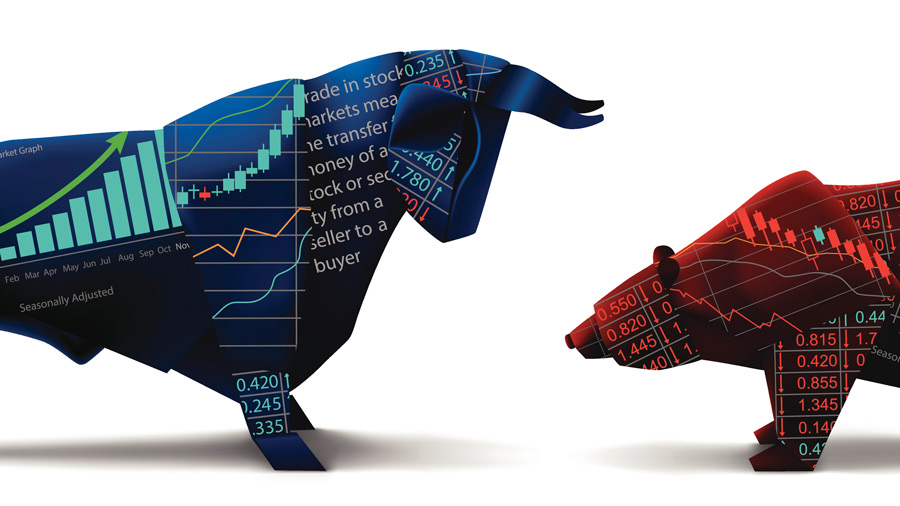Personal Wealth Management / Market Analysis
Hello GMOs
Once foodstuff fodder, countries are suddenly turning to genetically modified organisms (GMOs) due to rising food prices concerns.
Story Highlights:
- There is global concern over rising food prices leading to food shortages. But the world isn't going to run out of food.
- Countries and companies combating higher food prices are turning to genetically modified organisms (GMOs) as a solution.
- New demand for GMOs could provide economic and market opportunities.
- Rising food prices today are often more a product of government regulations than a physical inability to supply food.
_________________________________________________________________________________________
Food is a basic necessity—so it's no wonder rising global food prices are triggering fears. Still, Malthusian enthusiasts will have to wait a bit longer for their doomsday predictions to bear fruit. Malthus' predictions of exploding geometric population growth quickly outpacing plodding arithmetic food production growth didn't account for modern agriculture technology. Improvements in fertilizers, pesticides, irrigation systems and the development of machines, computers, and genetically modified seeds have increased cereal yield over 200% since 1961, despite a 52% decrease in acreage per head.*
However, 2002-2003 saw crop and food production slumps in the three largest crop production areas. Recent droughts and natural disasters hampered inventory recovery, resulting in today's seemingly constrained food supply. Combined with increasing global demand, food prices have soared. (Oh, and a slew of government price controls and subsidies haven't helped things either.) Countries and companies combating higher food prices are turning to genetically modified organisms (GMOs) as a solution.
Australia May Use Genetically Modified Canola in 2% of Crop
By Madelene Pearson, Bloomberg
https://www.bloomberg.com/apps/news?pid=20601081&sid=ahQ3vPmQlPsc
Japanese Food Maker Starts Buying Genetically Modified Corn
By Aya Takada, Bloomberg
https://www.bloomberg.com/apps/news?pid=20601101&sid=aM0LSt670_uc&refer=japan
Governments and companies are easing restrictions on growing and importing genetically modified foods—some for the first time ever. Much of the world has in some form or another regulations or restrictions regarding GMOs. GMOs have been a contentious social issue since their commercial introduction in the mid-1990s. Even the US, which accounts for over half of global biotech crop production, has individual state and even city bans against growing GMOs. While many reasons for the bans are social or environmental, economics also play a role.
Consumers around the world have (generally) reacted negatively to GMOs. Many countries are reluctant to import GMOs, and most do so only with labeling requirements. Food companies hesitate to use them in their products, because they fear consumer reaction. As a result, many farmers have shied away from growing GMOs to avoid investing in a crop without demand, the increased costs of separating or labeling GMOs, and any accidental, natural cross-pollination altering their more desirable, non-GMO crops.
With the rise in food and fuel prices, countries and companies are suddenly demanding GMOs, which are less expensive than non-GMO crops. Since GMO seeds are often created to resist pests or harsh environments, farming is more efficient and yield is often higher and cheaper. This new demand for GMOs could provide economic opportunities for a relatively small segment—only 23 countries have adopted the production of biotech crops so far. Not surprisingly, the area under cultivation for GMOs increased 12% last year.**
Rising food prices today are often more a product of government regulations than a physical inability to supply food. For example, contrast the USDA's approval of hundreds of genetic engineering field trials to the rejection of GMO-containing food aid by governments of drought-stricken African countries in 2002. These are results of social policies, not economics. We're not strident advocates or opponents of GMOs, but they are a way economies can deal with market forces (supply and demand) without artificial government intervention (i.e. subsidies, trade tariffs, etc.). Instead of fearing or outright rejecting GMOs, we should learn more about them and other technologies. Technology could prove our best bet against Malthus' fateful outline for the human population.
For more commentary on how political regulation disrupts food prices, see past MarketMinder stories:
• "Pass the Corn," 04/15/2008
• "Grain's Gains," 04/30/2008
Notes:
* GaveKal Ad Hoc Comment, April 15th, 2008
** International Service for the Acquisition of Agri-biotech Applications (ISAAA)
If you would like to contact the editors responsible for this article, please message MarketMinder directly.
*The content contained in this article represents only the opinions and viewpoints of the Fisher Investments editorial staff.
Get a weekly roundup of our market insights
Sign up for our weekly e-mail newsletter.

See Our Investment Guides
The world of investing can seem like a giant maze. Fisher Investments has developed several informational and educational guides tackling a variety of investing topics.




